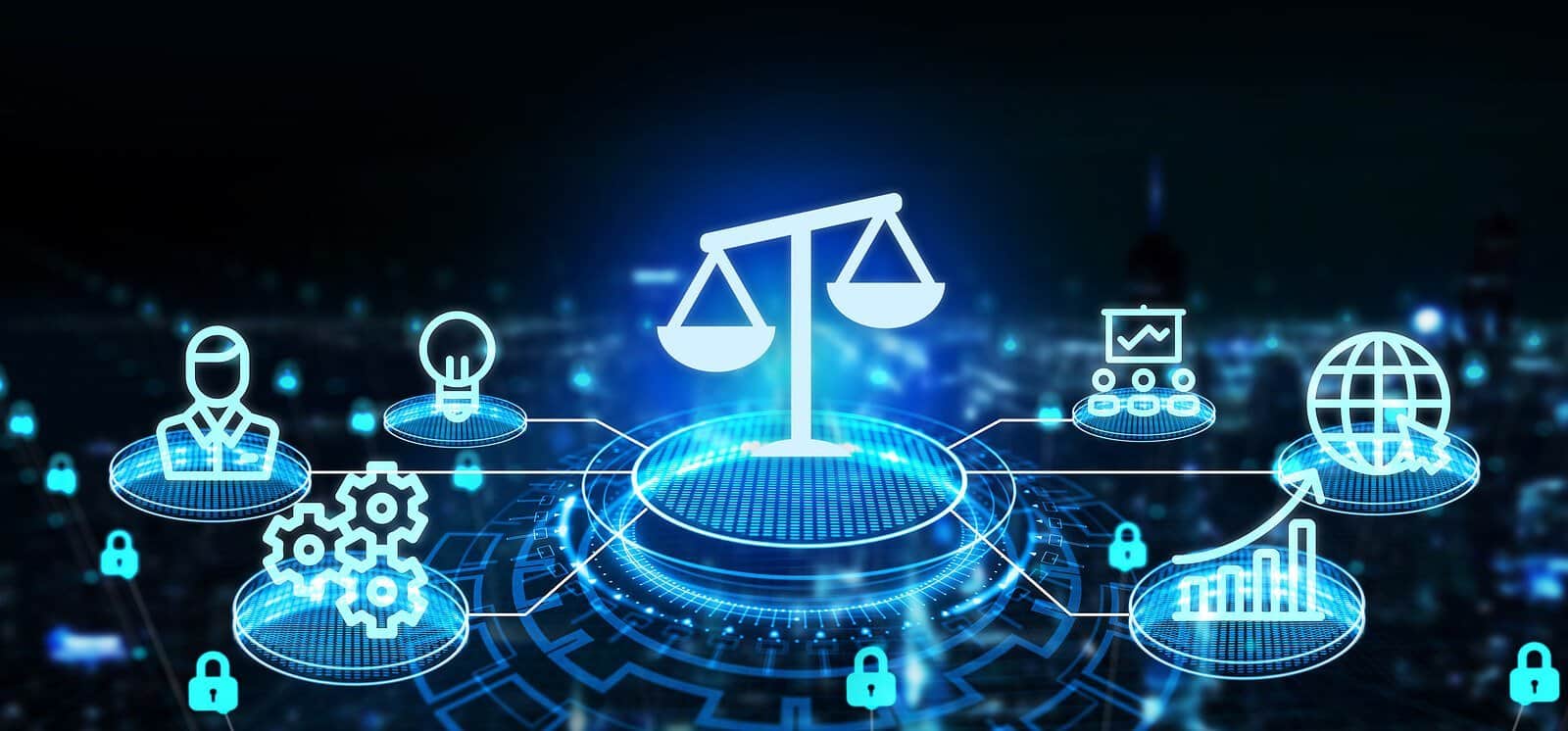“Ideas in Lockdown: Securing Innovation Through Intellectual Property”
In a world driven by innovation, ideas are the currency of progress. Whether it’s a breakthrough technology, a catchy brand name, or a revolutionary design, intellectual creations need legal protection to ensure their rightful ownership and prevent misuse. This is where Intellectual Property (IP) rights play a vital role.
🌐 What is Intellectual Property?
Intellectual Property refers to creations of the mind—such as inventions, literary and artistic works, designs, symbols, names, and images—used in commerce. IP rights allow creators to protect their work legally, encouraging innovation by ensuring that inventors and artists can benefit from their creations.
The major types of IP include:
-
Patents: Protect inventions and new processes.
-
Trademarks: Protect brand names, logos, and slogans.
-
Copyrights: Protect literary, artistic, and musical works.
-
Design Rights: Protect the aesthetic aspect of products.
-
Trade Secrets: Protect confidential business information.
🛡️ Why Is IP Protection Important?
-
Encourages Innovation: Legal protection motivates individuals and companies to develop new products and technologies.
-
Adds Business Value: IP can be monetized through licensing, sale, or strategic partnerships.
-
Enhances Brand Recognition: Trademarks and copyrights help build a distinct identity in the market.
-
Protects Against Infringement: Legal rights empower creators to take action against unauthorized use.
💼 IP in the Modern Economy
In the digital age, protecting IP has become more critical than ever. With easy access to content and rapid global communication, unauthorized reproduction and plagiarism are rampant. Businesses, startups, and even individual content creators must proactively register their IP and understand the laws governing it both locally and internationally.
⚖️ Legal Framework and Enforcement
Most countries have well-defined IP laws and are also parties to international treaties like the WIPO (World Intellectual Property Organization) agreements and the TRIPS Agreement under the WTO. Enforcing IP rights involves legal proceedings, and penalties for infringement can range from fines to imprisonment depending on jurisdiction and severity.
🧠 Final Thoughts
Innovation is the backbone of economic growth, and Intellectual Property rights are the legal armor that protects it. In today’s competitive environment, treating your ideas as valuable assets and securing them appropriately isn’t just smart—it’s essential.

